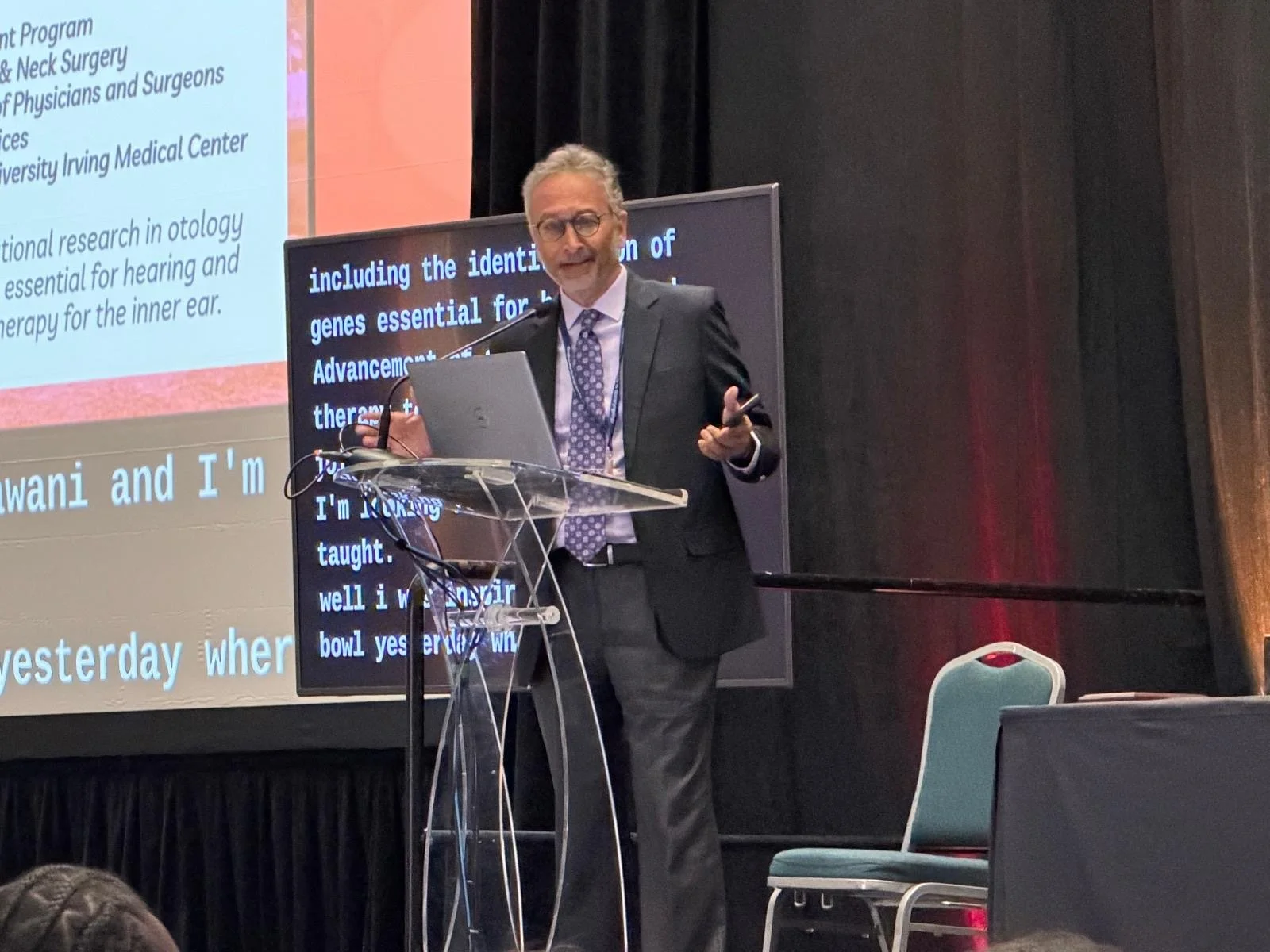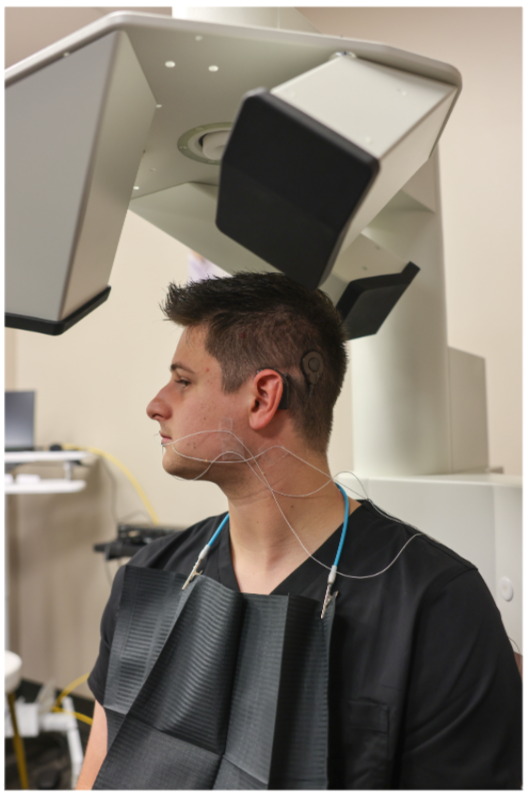A rare genetic condition causing hearing loss and tinnitus leads the way to a global community that celebrates individuality.
By Hermienke de Kock
Deafness has always been a part of my life. I was 4 years old when my father lost the last of his hearing during one of very many surgeries, and I was 12 when I was diagnosed with the same thing he had.
It’s called NF2—previously neurofibromatosis type 2, now NF2-related schwannomatosis—this last term only came into use very recently.
The name of our disease was changed last year because we actually don't grow neurofibroma tumors, we grow schwannomas. (And meningiomas. And ependymomas.)
These tumors grow on any of the nerves in our central or peripheral nervous system—on the nerves that control senses, all along my spine, on my body, and surrounding my brain.
The ones on my vestibulocochlear nerves were radiated when I was 13 and 18.
Instead of causing deafness as usually happens, for me both tumors stopped growing, and I only started wearing hearing aids at 32, after a really bad ear middle ear infection caused further hearing loss and tinnitus.
About a month later I was following a conversation on a Facebook hearing loss group when someone posted the word “Deafmetal.”
I didn’t know what it was, but the name had me hooked. And then the jewelry. And then absolutely everything else.
I knew how uncomfortable deafness could make people. What I hadn’t expected were some of the reactions my hearing aids got: “Don’t worry, nobody can even see them,” or “oh, that’s okay, you’re still pretty,” and “my hearing is so bad, but I refuse to wear those ugly things.”
To me, the hearing aids were life-changing. To me, I was the lucky one. And so I sat poring through the Deafmetal website, smiling and crying at the same time. I ordered my first Deafmetal piece, and I sent the designer a really long letter.
We became friends, and I became a part of Deafmetal. And now I get to do a job I love because of who I am, not in spite of it. It’s something that pulls through every part of what we do.
Because how could I write about being hard of hearing if I wasn’t also? How could I care and relate, if I hadn’t felt and experienced so many of the same things? Deafmetal has never been just a brand or a business. It’s a community. And there’s nowhere in the world I’d rather be.
Hermienke de Kock is Deafmetal Global’s writer, based in South Africa. This appeared in the Winter 2024 issue of Hearing Health magazine, alongside a story by Deafmetal’s founder Jenni Ahtiainen.







Our new public service announcement “Let’s Listen Smart” recognizes that life is loud—and it’s also fun. And the last thing we want to do is stop having fun! We just need to listen responsibly.